What treatment
10+ Highly Rated Duodenal Switch Surgery Clinics in Mexico
Reach Out to These Certified Duodenal Switch Surgery Clinics List in Mexico Loved by Patients!
Dr. Cristobal Garza - Bariatric Surgeon in Mexico
Overview
Dr. Cristobal Garza’s clinic is one of the top 10 best bariatric surgery centers in Mexico, offering expert care to help you achieve lasting weight loss. Book now!
Read more details
Obesity Bariatric Surgery by Dr. Jorge Maytorena
Overview
Dr. Jorge Maytorena is among the best weight loss doctors in Tijuana, Mexico. Seek expert obesity care at his accredited Cosmetic & Bariatric Surgery Center.
Read more details
Dr. Cristobal Garza | Spanish Profile
Overview
Descubre la cirugía bariátrica de primer nivel con el Dr. Cristóbal Garza en Piedras Negras, México. ¡Alcanza tus metas de pérdida de peso con atención y apoyo experto!
Read more details
Dr. Marco Sariñana - Bariatric Surgeon in Mexico
Overview
Dr. Marco Sariñana offers expert bariatric surgery in Mexicali, Mexico, specializing in gastric bypass, sleeve gastrectomy, lap band, SADI-S, and more.
Read more details
Discover your treatment options with a free, no-obligation quote!
Get your quote now!Hernia Clinic Mexico and Bariatric Center
Overview
Hernia Clinic Mexico is the best clinic for Bariatric Surgery and Hernia Surgery in Merida Mexico. Book your consultation for WLS today at PlacidWay!
Read more details
Argentina Medical Center
Overview
Argentina Medical Center in Mexicali, Mexico provides high-quality, safe, and effective bariatric surgery and plastic surgery to local and foreign patients. Whether you need a gastric bypass, gastric sleeve, breast augmentation or tummy tuck, you can find it in this clinic.
Read more detailsB4everFIT Weight Loss Surgery in Mexicali Mexico
Overview
Top Bariatric Surgery in Mexicali at B4everFIT. Gastric Sleeve, Gastric Bypass, Mini Gastric Bypass, Gallbladder & Hernia Surgery. Book your appointment now.
Read more detailsCentro Medico de Especialidades de Ciudad Juarez
Overview
Centro Medico de Especialidades in Ciudad Juarez, Mexico offers expert care in Plastic Surgery, General Surgery, Orthopedics, Internal Medicine, and Urology.
Read more detailsDiscover your treatment options with a free, no-obligation quote!
Get your quote now!Costamed Medical Group
Overview
Looking for top-notch medical care in Mexico? Costamed offers exceptional services, specializing in dental, cosmetic, and bariatric surgery in Playa del Carmen.
Read more detailsDiabetes Obesity Clinic
Overview
Discover top-rated Bariatric and Metabolic Surgery in Tijuana, Mexico, at Diabetes Obesity Clinic. Transform your life today!
Read more detailsDo It Bariatrics
Overview
Do It Bariatrics in Tijuana, Mexico offers top-notch obesity and weight loss surgery, including gastric sleeve, gastric bypass, and SILS procedures.
Read more detailsDr. Edgar Santos
Overview
Discover transformative weight loss at Dr. Edgar Santos' premier Bariatric Surgery Clinic in Juarez, Chihuahua, Mexico. Achieve lasting health and wellness.
Read more detailsDr. Elias Garcia
Overview
Dr. Elias Garcia provides best Bariatric Surgery in Mexicali Mexico. Book online now Gastric Sleeve, Gastric Band, and Gastric Bypass at PlacidWay.
Read more detailsDr. Federico Hernandez - Bariatric Surgery
Overview
Top weight loss surgery in Mexicali, Mexico by Dr. Federico Hernandez. Specializing in Gastric Sleeve, Gastric Balloon, and advanced bariatric procedures.
Read more detailsDr. Francisco Ortega - Bariatric Surgery
Overview
Dr. Francisco Ortega offers bariatric surgeries like gastric bypass, sleeve, and transit bipartition in Hermosillo, Mexico, helping patients achieve lasting weight loss.
Read more detailsDr. Jesus A. Armenta Jasso
Overview
DR. JESUS A. ARMENTA JASSO is located in Nuevo Laredo, Mexico and offers affordable and effective Bariatric Surgery, Endoscopic surgery, and Colonoscopy to patients worldwide.
Read more detailsDr. Juan Emerio Hernandez Gutierrez
Overview
Achieve lasting weight loss with top bariatric surgery in Zapopan, Mexico, by Dr. Juan Emerio Hernandez Gutierrez. Expert care for a healthier you.
Read more detailsDr. Manuel Aceves - Bariatric Center
Overview
Experience top-tier bariatric surgery with Dr. Manuel Acevez in Guadalajara, Mexico. Achieve your weight loss goals and transform your life with expert care.
Read more detailsDr. Marco Vargas Tames - Bariatric Surgery in Tijuana Mexico
Overview
Experience expert Bariatric Surgery in Tijuana Mexico with Dr. Marco Vargas Tames. Safe, advanced weight loss procedures for lasting health and confidence.
Read more detailsDr. Oscar Siller
Overview
Dr. Oscar Siller is the best bariatric surgeon in Reynosa, Mexico. It provides WLS Surgery, Advanced Laparoscopy, and Weight Loss Surgery for local and international patients.
Read more detailsWhich are the leading Duodenal Switch Surgery clinics in Mexico for effective weight loss?
Top Duodenal Switch clinics in Mexico, like those in Tijuana, Mexicali, and Piedras Negras, offer specialized bariatric programs for significant weight loss. Facilities such as Obesity Bariatric Surgery by Dr. Jorge Maytorena and Dr. Marco Sariñana prioritize advanced techniques and comprehensive patient support, ensuring lasting health transformation.
Mexico is a top destination for Duodenal Switch surgery, known for high-quality care. Leading clinics in medical tourism hubs deliver effective weight loss and health improvements. Consider their bariatric specialization, patient testimonials, and multidisciplinary team for comprehensive pre-operative assessments and post-operative care.
What essential accreditations and certifications should I look for in Duodenal Switch Surgery clinics in Mexico?
When choosing a Duodenal Switch clinic in Mexico, prioritize facilities with international accreditations like Joint Commission International (JCI) or local certifications from the Mexican Council of Surgery for Obesity and Metabolic Diseases (CMCOEM). These assure stringent patient safety, quality of care, and ethical standards, crucial for complex bariatric procedures.
Verifying accreditations is critical. JCI accreditation signals adherence to global best practices. CMCOEM certification confirms a surgeon's rigorous training. Such credentials indicate high standards in surgical expertise, patient safety protocols, infection control, and continuous quality improvement, offering peace of mind.
How crucial is the surgical team's specific experience for Duodenal Switch surgery in Mexico?
For complex Duodenal Switch surgery, the surgical team's specific and extensive experience is paramount. A team highly skilled in DS, including the surgeon, anesthesiologists, and support staff, directly influences surgical outcomes, safety, and recovery, ensuring precision and effective management of this specialized bariatric procedure.
DS is technically demanding, making team experience vital. The bariatric surgeon needs a high volume of specific DS cases. A proficient multidisciplinary team, including specialized anesthesiologists and nurses, contributes significantly to minimizing risks, ensuring proper surgical technique, and optimizing your long-term success and well-being.
What kind of comprehensive aftercare support is provided by Duodenal Switch clinics in Mexico?
Duodenal Switch clinics in Mexico offer crucial aftercare, including precise nutritional plans, lifelong high-dose vitamin/mineral supplementation, and consistent follow-up schedules. This support is vital for managing DS's unique malabsorptive nature, preventing deficiencies, and ensuring sustained weight loss and overall health long-term after your surgery.
Comprehensive aftercare is essential for DS patients. Clinics provide personalized dietary progression and emphasize high protein intake. You'll receive clear guidance on lifelong, high-dose vitamin and mineral supplements. Regular medical check-ups and blood tests monitor nutritional status, with remote follow-up options available for international patients.
How can I be confident about the safety standards of bariatric clinics in Mexico for Duodenal Switch surgery?
To trust safety standards in Mexican Duodenal Switch clinics, seek international accreditations like JCI and transparent patient outcomes. Confirm strict infection control, advanced surgical equipment, and dedicated bariatric units within modern hospitals. These indicators signal a strong commitment to your safety and high-quality care throughout your weight loss journey.
Confidence in safety involves several factors. Choose JCI-accredited facilities for global best practices. Ensure the clinic is in a modern hospital with advanced operating rooms and ICUs. Inquire about infection prevention protocols. Verify board-certified surgeons and experienced bariatric medical staff.
What services are usually included in a Duodenal Switch surgery package in Mexico for international patients?
Duodenal Switch surgery packages in Mexico for international patients typically cover surgeon's/anesthesia fees, hospital stay, pre-operative tests, and initial post-op medications. Many also provide logistical support like airport transfers, some accommodation, and initial nutritional guidance, ensuring a streamlined and comprehensive experience.
Packages are designed to simplify medical travel. Common inclusions are surgical and anesthesiologist fees, hospital accommodation (2-3 nights usually), all pre-op medical evaluations, and initial pain management. Many clinics also offer airport transportation, basic hotel stays, and early dietary counseling. Always get a detailed, itemized breakdown.
Are Duodenal Switch clinics in Mexico well-prepared to care for international patients?
Yes, many Duodenal Switch clinics in Mexico are highly prepared for international patients. They offer multilingual staff (often English-speaking), dedicated patient coordinators, and integrated logistical services, including travel and accommodation assistance. They adeptly manage cross-border healthcare needs and provide comprehensive support from inquiry through long-term follow-up.
Mexico's medical tourism excels in catering to foreign visitors. Reputable clinics provide English-speaking staff, patient coordinators for arrangements, and assistance with local transport and lodging. They are accustomed to different healthcare systems and often provide remote consultation and follow-up options for continued care after returning home.
What specific dietary and nutritional support can I anticipate from a Duodenal Switch clinic in Mexico?
Duodenal Switch clinics in Mexico provide extensive dietary support: pre-operative diet plans, staged post-operative feeding progression, and lifelong guidance on high-protein intake, careful fat consumption, and rigorous vitamin/mineral supplementation. This structured approach helps manage malabsorption, prevent deficiencies, and ensure healthy, sustainable eating habits post-surgery.
Nutritional support is paramount for DS success. Clinics offer a pre-op diet to prepare you, followed by a phased post-op plan. You'll get guidance on high-protein foods, appropriate healthy fats, and managing carbohydrates. Crucially, they'll outline a lifelong, high-dose vitamin and mineral supplementation regimen with regular monitoring to prevent severe deficiencies.
How do Duodenal Switch clinics in Mexico address and manage potential post-operative complications?
Reputable Duodenal Switch clinics in Mexico have robust protocols for complications, from immediate surgical issues like leaks or infections to long-term nutritional deficiencies. They utilize advanced diagnostic tools, emergency care access (e.g., ICU), and maintain clear communication channels for international patients, ensuring comprehensive and responsive complication management.
Clinics are prepared for complications. They monitor closely for acute issues post-op and have specialists and facilities (like ICUs) for intervention. For DS, managing long-term nutritional deficiencies is key; this involves strict follow-up schedules and blood tests. They offer clear emergency contacts and guidance for patients returning home.
What kind of ongoing patient support and community resources do Duodenal Switch clinics in Mexico offer?
Many Duodenal Switch clinics in Mexico provide essential ongoing patient support, including access to bariatric support groups, educational materials, and direct communication with their care teams. These resources guide patients through dietary, emotional, and lifestyle adjustments, fostering a supportive community vital for long-term success.
Continuous support enhances long-term success. Clinics often facilitate access to online and in-person support groups specifically for DS patients. They also provide educational resources like detailed guides, healthy recipes, and information on exercise. Direct access to dietitians and nurses for ongoing questions and virtual check-ins helps keep patients motivated and informed.













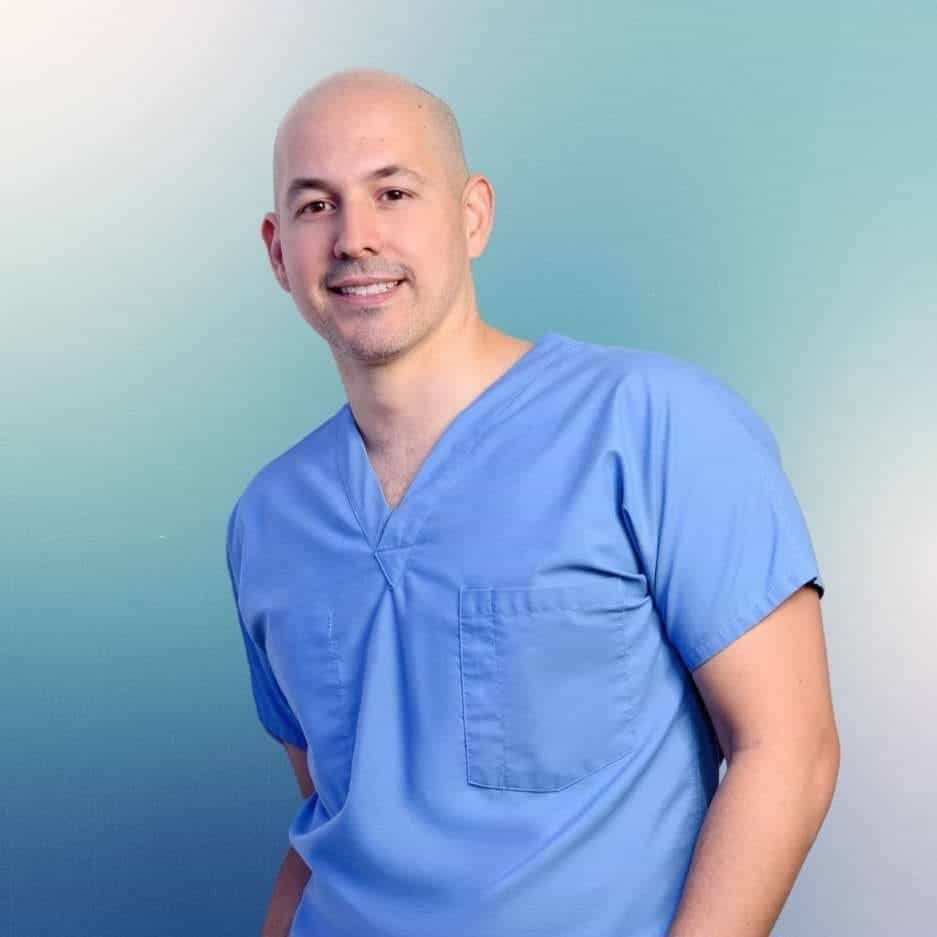
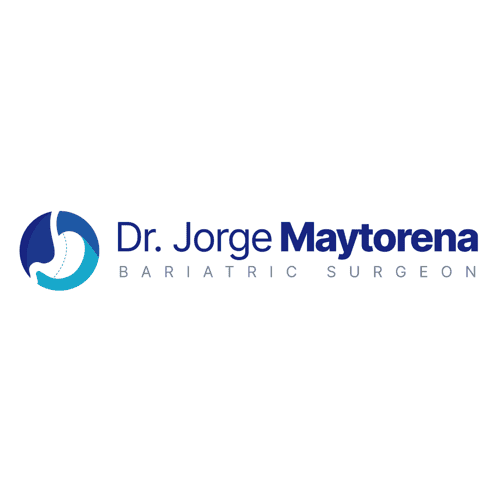
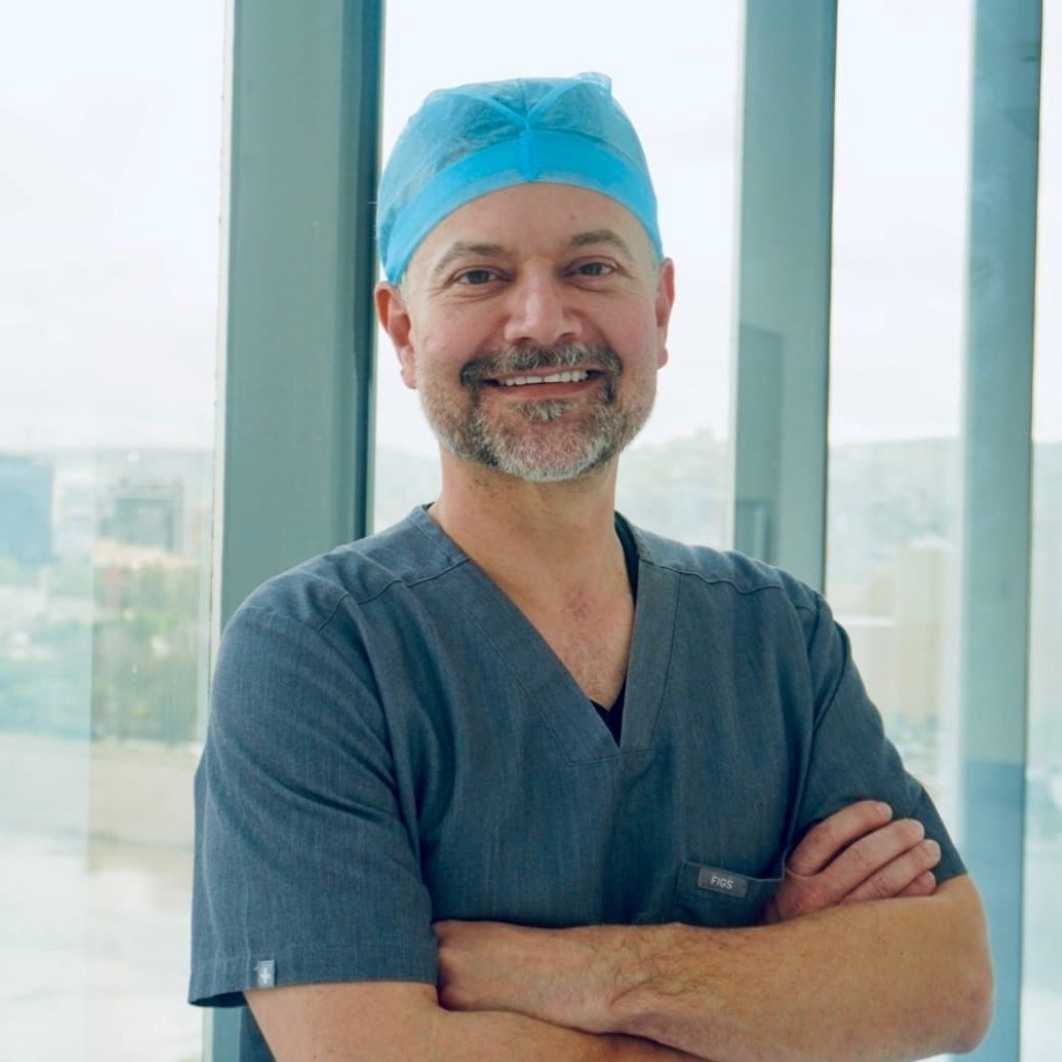
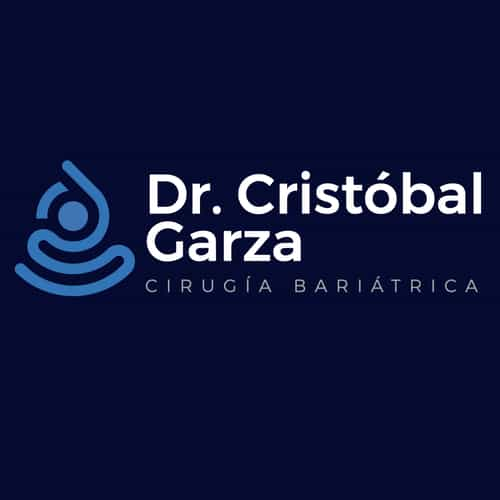
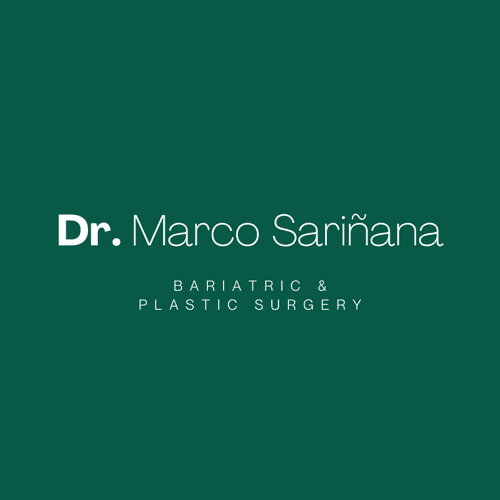
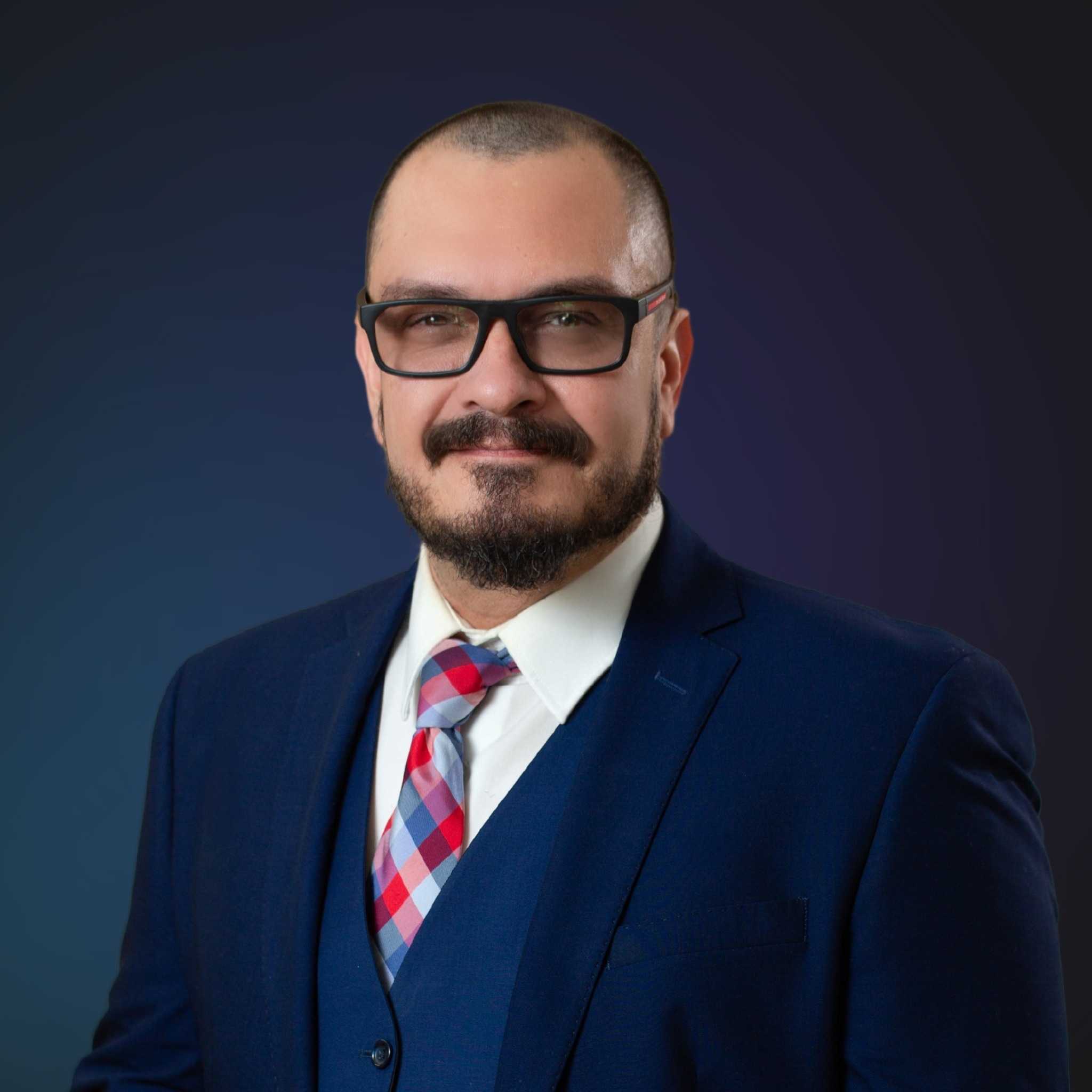

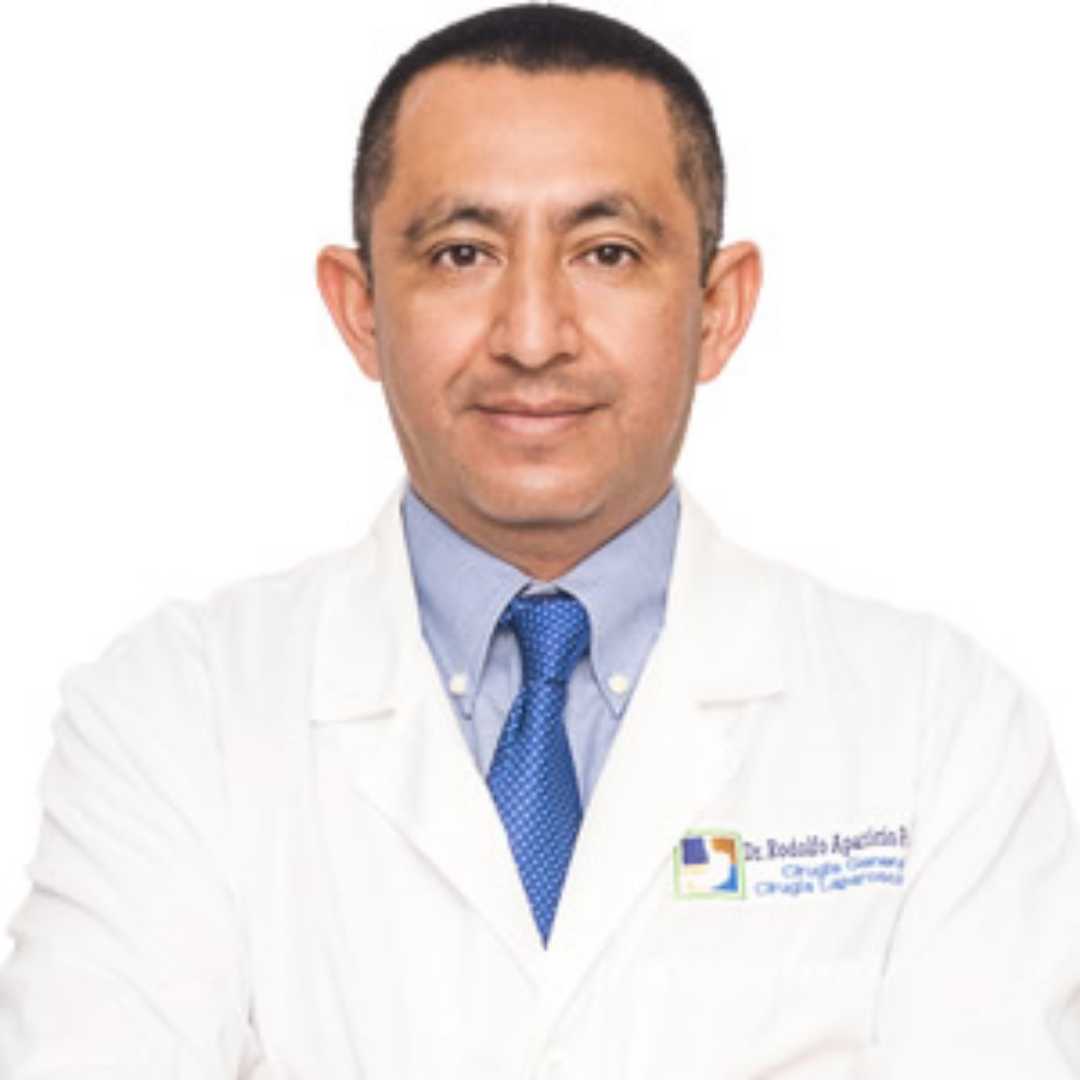


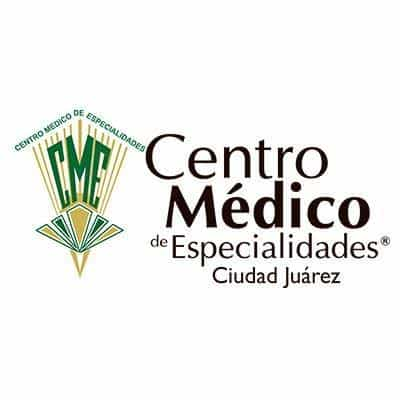



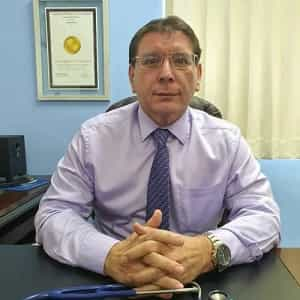
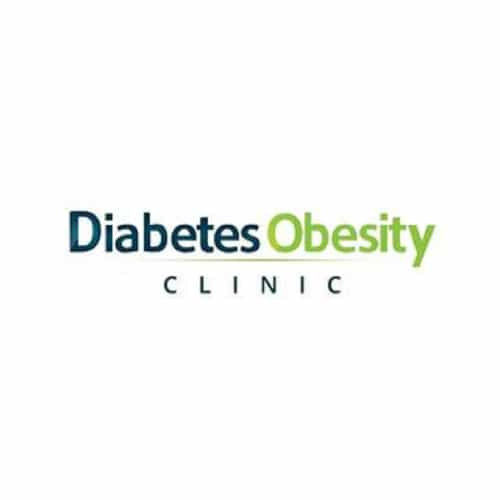

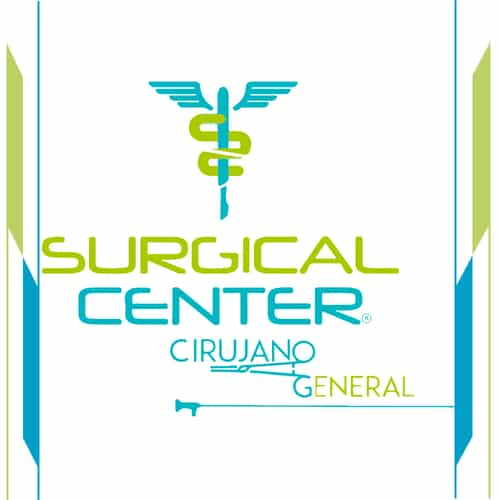
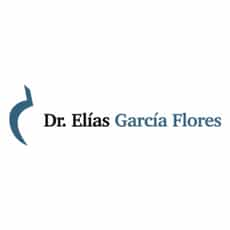
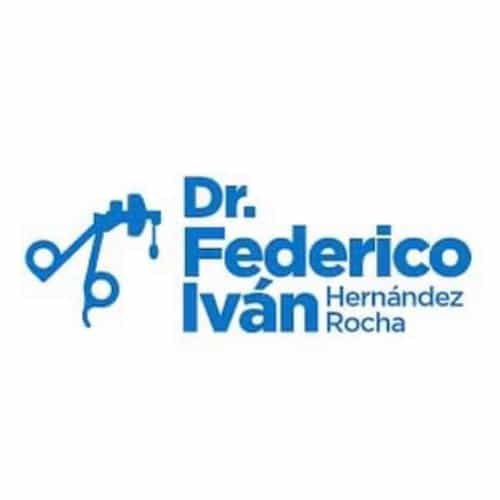

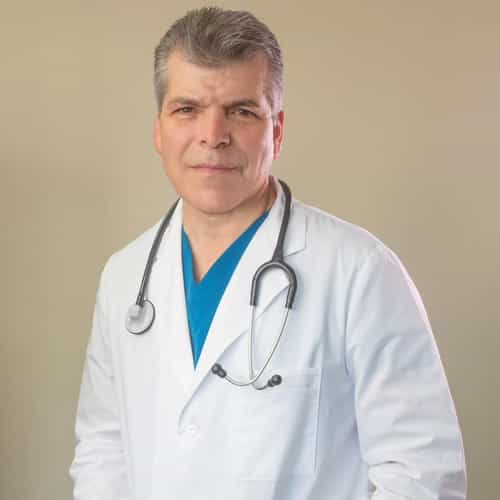
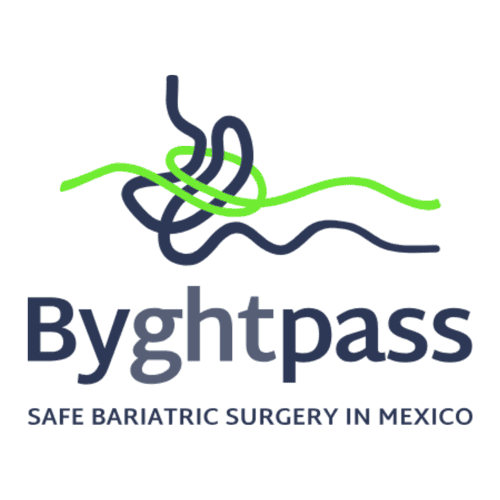

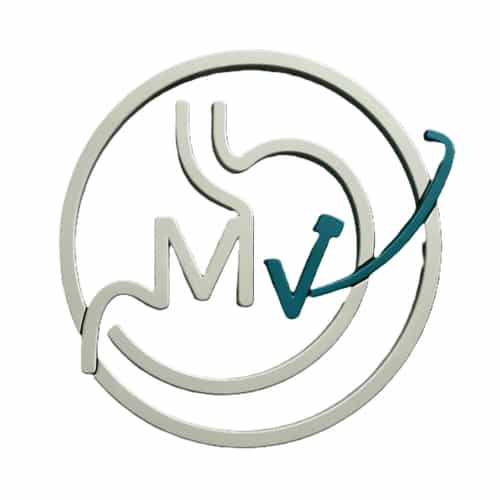

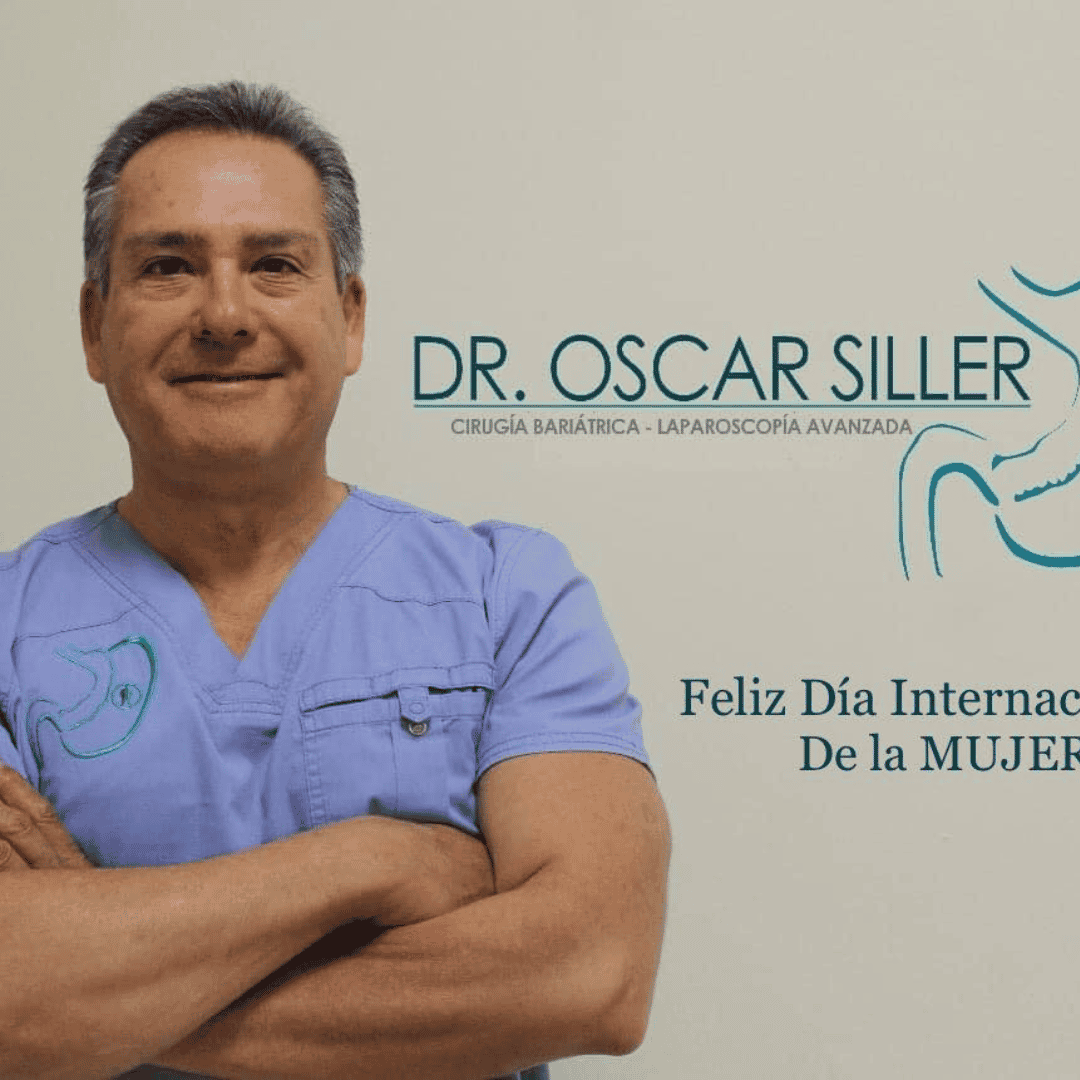
.png)

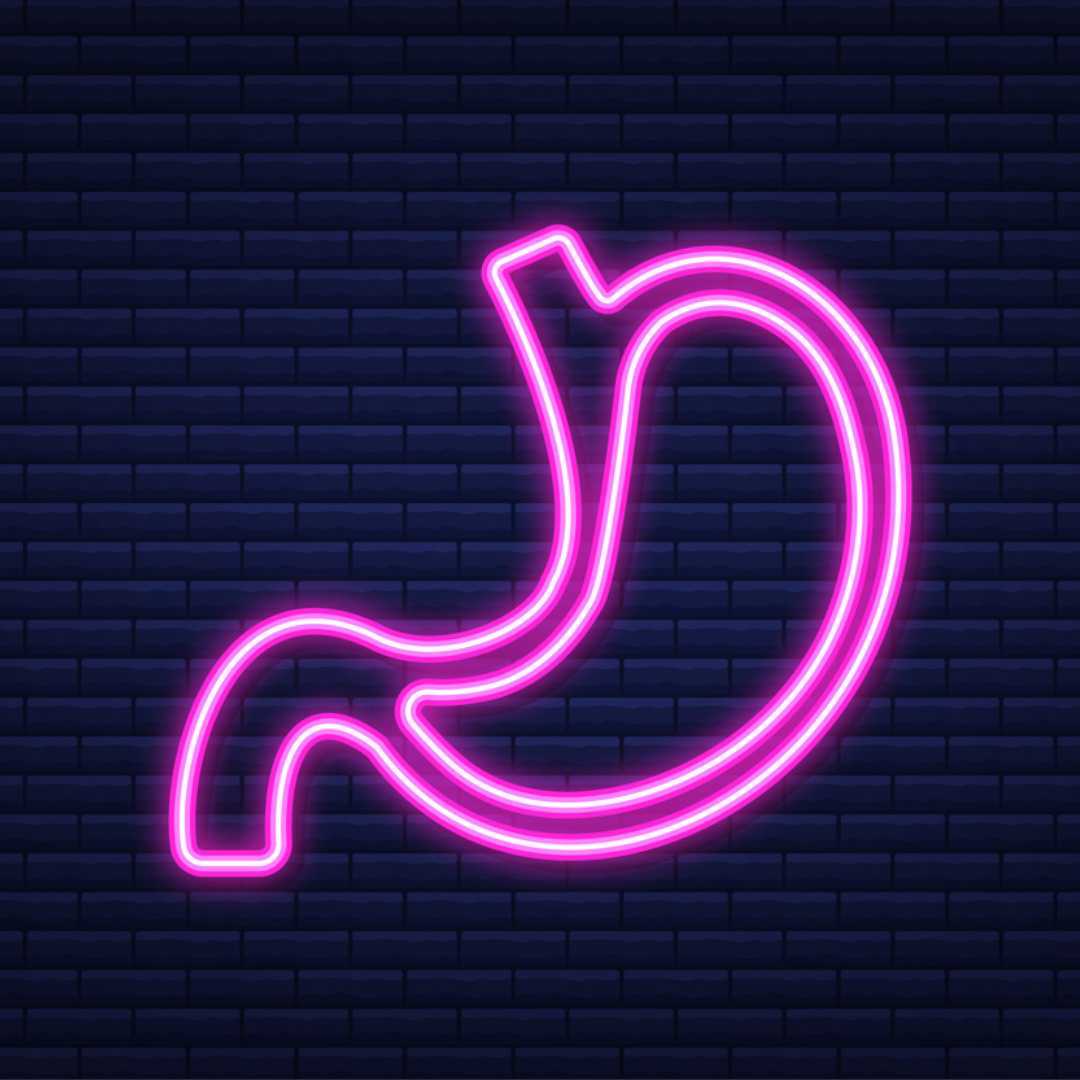

.png)
.png)
.png)
.png)

Dr. Maytorena is amazing. He is so professional, kind and nice. He makes you feel in good hands, and believe me you are in amazing hands. My surgery has been the best decision of 2023.
Read More